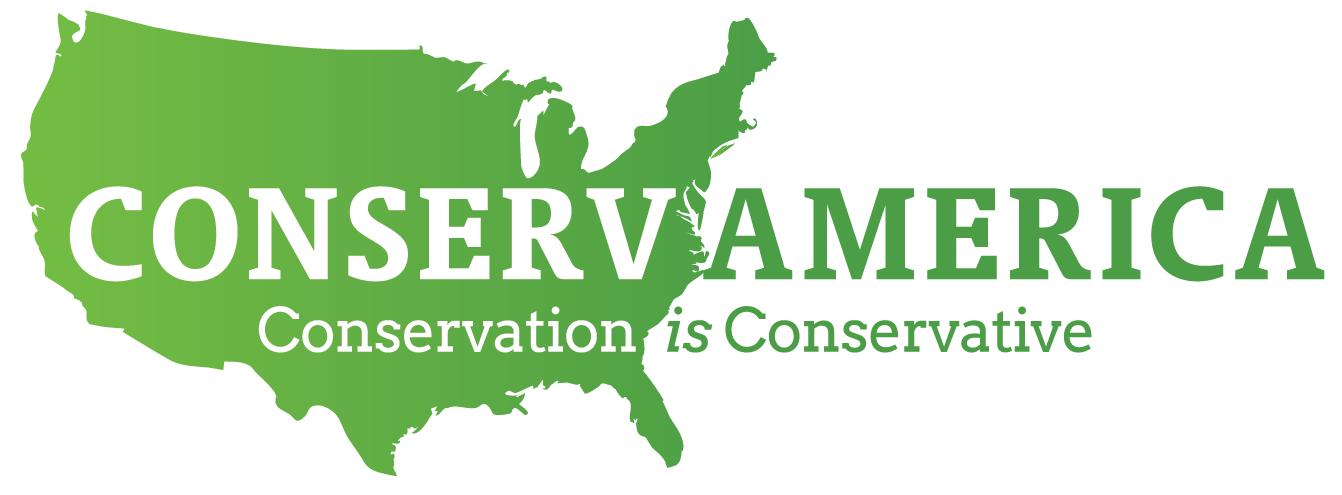Commentary: SEC Climate Shaming Rule Could Create Real Harm
The following OpEd appeared in NewsMax on October 30, 2023
By Todd Johnston
October is upon us. And in addition to the fall weather, the business community is also anxiously awaiting the release of the Securities and Exchange Commission’s (SEC) climate-disclosure rule, whose deadline was pushed back to this fall.
Since the rule’s introduction in March 2022, there has been much speculation among stakeholders in the political, legal, and business community on what the final rule will entail. The proposal represents a major transformation in agency policy on financial disclosures – one that goes well beyond the SEC’s mandate to require that companies provide information to the public that allows for informed investment decisions.
Consistent with that mandate, the SEC already has rules in place that require the disclosure of a wide range of climate information including how companies plan to comply with government requirements and how the physical impact of climate change might impact businesses.
In contrast, the proposal would require information that goes well beyond what an actual investor would use to determine the financial health of a company, including not only an individual company’s emissions (something, incidentally, the EPA already requires), but those of their customers and suppliers – a costly and speculative proposition they would be required to attest to. In addition, companies would be required to provide information on their ability to achieve their own, internal, emission reduction goals.
Incredibly, SEC Chair Gary Gensler has claimed that the Commission has “no climate agenda whatsoever” as proponents try to downplay the rule ahead of the October deadline. But The Wall Street Journal recently put it best: “Mr. Gensler may not want to risk the wrath of Congress by admitting that a climate disclosure rule amounts to a climate agenda. But the rule’s goal is to give the climate lobby and trial lawyers ammunition to attack business.”
It is through this lens that many in the business and legal community are raising the alarm. The proposal will not only undermine businesses through its high direct costs to U.S. industry – estimated in the 10s of billions of dollars – but the information is clearly intended to be used to shift investment flows and starve energy firms of resources, including by launching costly lawsuits when climate-risk estimates made in good faith happen to turn out to be inaccurate.
Most industry participants, investors, and policymakers understand the intent of this proposal is to deter investment in the oil and gas sector, regardless of whether it is explicitly stated or not. But while the sector’s demise may be cheered by climate advocates, hobbling America’s energy sector will backfire in several ways.
The rule proposal would impact our ability to meet energy demand, as rising energy costs pile onto energy producers and further complicate efforts to find labor, materials, and capital needed for exploration and production efforts. A weakened US oil and gas sector will not, however, halt forthcoming rising global energy demand, which the EIA projects will rise nearly 50% by 2050, led by growth in Asia. Instead, the proposal, combined with other policy initiatives that limit access to domestic resources, will likely force the US to settle into a role as a net energy importer despite our abundant resources here at home.
The administration has sent a clear message: employ a “whole of government” approach that uses climate to drive decision-making across business and government. But as much as the administration’s emissions reductions goals may be laudable, undermining the industries that U.S. workers depend on and that are investing in the innovative technologies needed to reduce global emissions, will hurt the economy and make climate goals harder to reach.
Rather than unleashing climate attack dogs fueled with speculative information, policy should encourage U.S. exports of cleaner natural gas and other fuels over dirtier alternatives produced by foreign competitors. Let’s not divert valuable resources to red tape and frivolous lawsuits, but instead incentivize companies to invest in the technologies that we, and the rest of the world, need to meet energy demand more cleanly.
_______________
Todd Johnston is vice president of policy at ConservAmerica and previously served at the Virginia Department of Environmental Quality and on committees with jurisdiction over environment and energy issues in the U.S. Senate and House of Representatives. He has also represented various industries on policy and regulatory compliance matters.
This OpEd appeared in NewsMax on October 30, 2023
